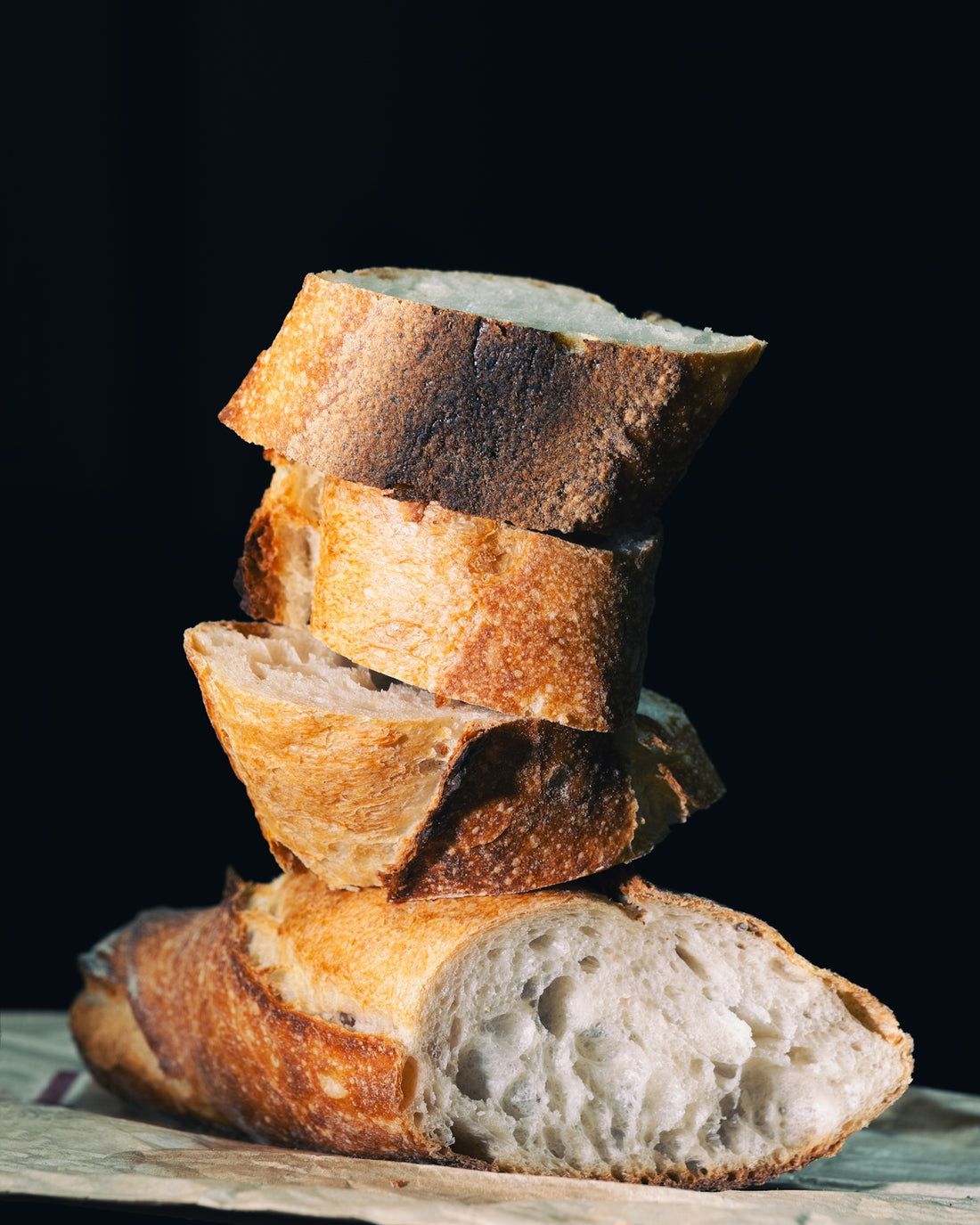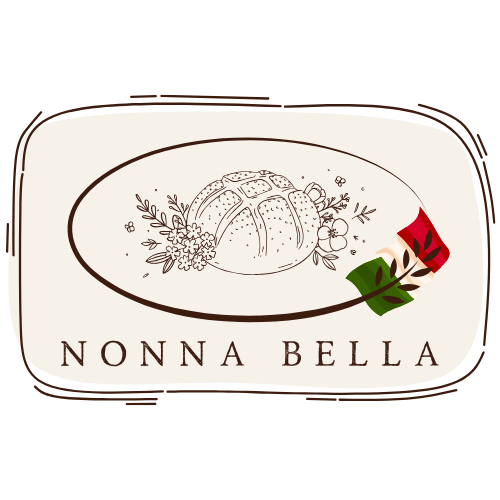
Comparing Sourdough vs Regular Bread: Health and Taste Clash
Baking bread is not just an act of culinary creation; it's a journey through flavors, textures, and history. Today, we dive deep into the world of bread with a clear lens, juxtaposing the artisan allure of sourdough with the ubiquity of regular bread. This exploration will unravel the health benefits and taste profiles, ultimately guiding you to appreciate the nuanced world of sourdough bread.
The Art of Sourdough: An Ancient Practice
Sourdough bread isn't merely food; it's a testament to age-old baking traditions. Its preparation requires patience and attention, beginning with the pivotal element: the sourdough starter. This mix of flour and water teems with wild yeast fermentation and lactobacilli, giving sourdough its signature tangy flavor and chewy texture.
Health Benefits of Sourdough Fermentation
- Digestive Health: Sourdough fermentation is a lengthy process that breaks down gluten more effectively than traditional bread-making methods. This makes it easier to digest for those with gluten sensitivities.
- Glycemic Index: Sourdough boasts a lower glycemic index compared to regular bread, meaning it causes lower spikes in blood sugar levels, which can be beneficial for diabetics.
- Nutrient Absorption: The fermentation process also aids in breaking down phytic acid, enhancing the absorption of minerals like magnesium, potassium, and zinc.
Explore the potential health benefits and how a well-maintained organic sourdough starter can be a game-changer for your homemade sourdough creations.
Taste and Texture: Sourdough vs Regular Bread
Sourdough offers a sensory experience that regular bread often lacks. The fermentation imparts a complex, tangy flavor profile embedded in a crisp, crackling crust. In contrast, regular bread, which typically relies on commercial yeast, often lacks this depth of taste and texture.
If you're aiming for gastronomic perfection, mastering the best sourdough scoring techniques and learning how to get a crispy sourdough crust are essential skills. These not only elevate the look of your loaf but also enrich its flavor profile.
Essential Tools for Sourdough Baking
Baking great sourdough bread at home requires the right equipment. For those ready to commit to this culinary art, consider these essentials:
- Professional Baking Tools Kit: This kit includes everything you need, from a sourdough starter jar to high-quality bread slicing knives.
- Le Creuset Dutch Oven: Perfect for achieving the signature crispy crust of artisan bread.
- Danish Dough Whisk: An essential tool for mixing your dough efficiently.
Maintaining Your Sourdough Starter
Proper sourdough starter management is crucial for consistent baking results:
- How to Feed Sourdough Starter: A regular sourdough starter feeding schedule is vital. Generally, feeding should occur once daily, or twice for very active starters.
- How to Store Sourdough Starter: Depending on usage, it can be stored in the fridge to slow down fermentation or left at room temperature for faster growth.
- Sourdough Starter Troubleshooting: From hooch formation to odd smells, understanding sourdough starter troubleshooting techniques is key to maintaining its vitality.
Sourdough Baking Tips for Beginners
Starting your journey with some easy sourdough bread recipes can help you grasp the basics without the overwhelm. Mastering artisan bread baking involves understanding the following:
- How to Shape Sourdough Bread: Shaping influences the loaf's final structure and texture. Learn consistent shaping techniques to enhance your bread’s form.
- Sourdough Bread Troubleshooting: Address common problems like dense texture and insufficient rise by adjusting hydration, kneading, and fermentation times.
Exploring the Diversity of Sourdough Bakes
Sourdough isn't confined to loaves:
- Sourdough Pizza Dough: Brings a deep flavor profile to your homemade pizza.
- Sourdough Bagels: Offer a chewy, tangy alternative to regular bagels.
- Sourdough Discard Recipes: Get creative with pancakes, waffles, and more using leftover starter.
Closing Thoughts
Whether you are a novice or a seasoned baker, sourdough offers a fascinating exploration into the art of bread-making. Every bake tells a story — from the legacy of a long-standing starter culture to the perfection of your sourdough bread recipe. By understanding the benefits of sourdough fermentation, keeping a diligent sourdough feeding and maintenance routine, and gaining proficiency in artisan techniques, you can immensely elevate your baking craft.
For those interested in exploring authentic Italian sourdough traditions, consider the Nonna Bella Dehydrated Sourdough Starter. Its Tuscan heritage culture since the 1800s offers a taste of history with every bake.
Embark on my sourdough life and embrace the intricate yet rewarding process that sets sourdough apart from regular bread. Homemade sourdough is more than food; it's an experience, a tradition, and a craft.
Feel inspired? Visit Italian Sourdough website for more recipes, tips, and essential baking tools to perfect your craft.
